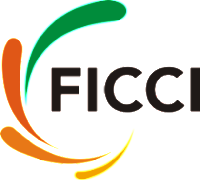
Mr. Rajeev Chandrasekhar, Member of Parliament and Past President, FICCI, today made a case for India to have in place a Chief Technology Officer (CTO), as in the US, in order to make the government function as a unified machinery that operates with consistent standards of efficiency, transparency and responsiveness. That is key to realizing maximum governance, minimum government, the promise of the government that is sought to be achieved through ‘Digital India’ programme. Inaugurating a seminar on ‘Integrated Digital Solutions for a Smarter India’, organized by FICCI in association with the Department of Electronics and Information Technology, Ministry of Communications & IT, Government of India with InfoComm International as the event partner, Mr. Chandrasekhar said that currently the e-governance programme which is driven by embedding technology in government is a bottom-up process. Whatever happens in this area happens in silos; individual departments and offices undertake this independent of each other, thus, resulting in crores being spent in systems and projects (such as Aadhar and electoral cards) that are incompatible and don’t work to complement each other. He said the focus of the proposed CTO should be to design an architecture that brings about easy, transparent access for citizens and business to and from government; enables government departments to operate transparently and efficiently and connects various departments to ensure that government and policymakers operate in a seamless, transparent, responsive and data-driven manner. Mr. Chandrasekhar explained that the government is a sum of various parts. Currently, some of these parts are efficient and technology-enabled while others are sub-optimally enabled or technologically bereft. So government’s efficiency as a whole is measured by its laggards or least responsive departments. In 2014, the Union Cabinet approved a major flagship program of the Government of India – ‘Digital India’ – aimed at transforming the nation into a digitally empowered society, as well as to revive the state of governance in the country. On July 1, 2015, the Prime Minister of India, Mr. Narendra Modi has inaugurated Digital India Week. Taking this initiative forward, FICCI’s Digital Bharat Seminar Series, seminar are being held, apart from today’s event in Delhi, in Bangalore on July 24; Chennai on July 27 and Hyderabad on July 29, 2015 with InfoComm International as partner. The seminars will be addressed by senior functionaries from the Government and industry leaders who will discuss the role and scope of communication technologies, challenges being faced, and find solutions, towards realizing an ICT-driven transformation in the India. Focus of the event shall also be on promoting further investments and enhancing participation of the Communications and Technology industry but also the pro A/V industry in the state. Mr. R M Agarwal, DDG (NT), Department of Telecommunications (DoT), Ministry of Communications & IT, in his remarks, said that the ‘National Telecom M2M Roadmap’ rolled out by DoT , is poised to bring benefits to the common man and results in substantial and tangible social and economic benefits to consumers, businesses, citizens and government. Machine to Machine (M2M) is broadly used to describe any technology that enables networked devices to exchange information and perform actions without the manual assistance of humans. M2M communication is often used for remote monitoring. In product restocking, for example, a vending machine can message the distributor when a particular item is running low. M2M communication is an important aspect of warehouse management, remote control, robotics, traffic control, logistic services, supply chain management, fleet management and telemedicine. It forms the basis for a concept known as the Internet of Things (IoT). Mr. Aggrawal said that that standardization of M2M roadmap was important as the country heads towards setting up 100 smart cities and introducing digitalization all over the country. Adoption of M2M based applications in areas like healthcare, tele-education, smart grid, smart building, smart city etc. have enormous potential to boost the socio-economic development of the country and would be the key enabler for the government vision of Digital India, Make in India and proposed Smart Cities in India. He said that the adoption of IPv6 based innovative applications in areas like rural emergency healthcare, tele-education, smart metering, smart grid, smart building, smart city etc. have enormous potential to boost the socio-economic development of the country thereby improving the quality of life of common man. Mr. Richard Tan, Executive Director, InfoCommAsia Pte. Ltd. and Mr. Jonathan Seller, Senior Director of Development (Asia/Pacific), InfoComm International, spoke on ‘Communications in the Digital Era: The InfoComm Experience’ and ‘Global AV Growth’. Mr. Tan announced that InfoComm India would be holding a trade show in Mumbai from September 1-3, 2015. Mr. Virat Bhatia, Chairman, Communications & Digital Economy Committee, FICCI, moderated the session and gave a vote of thanks.




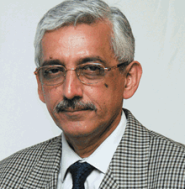
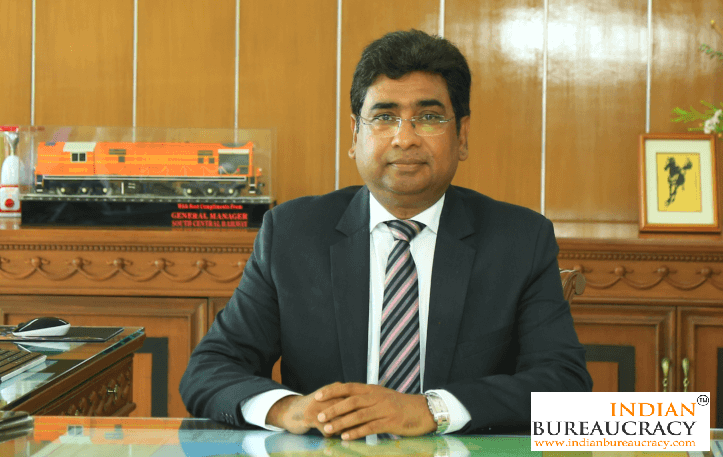
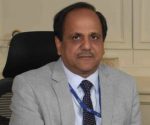
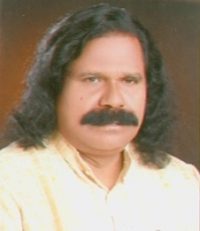
Leave a Reply
You must be logged in to post a comment.